Dark money group spends $200,000 on ads opposing Puerto Rico debt relief bill
by Josh Stewart
According to Sunlight Foundation’s Political Ad Sleuth tool, a 501(c)(4) dark money group called the Center for Individual Freedom (CFIF) has purchased at least $200,000 in ads in the Washington, D.C., market, an attempt to influence lawmakers crafting economic legislation to assist Puerto Rico’s dire financial situation. The territory is currently struggling under enormous debt obligations and is seeking help from Congress and the federal government.
On March 29, Rep. Rob Bishop, R-Utah, chairman of the House Natural Resources Committee, released a discussion draft of legislation aimed at helping Puerto Rico deal with its debt crisis. Bishopstated the draft legislation “provides Puerto Rico with tools to impose discipline over its finances, meet its obligations and restore confidence in its institutions.”
According to its website, CFIF’s mission is “to protect and defend individual freedoms and individual rights guaranteed by the U.S. Constitution.” In a press release, CFIF says it opposes the draft legislation and plans to run a national ad campaign opposing what it calls “Super Chapter 9” bankruptcy. We don’t know how much is also being spent on Internet ads or on cable, satellite and radio advertisements.
Because CFIF is a dark money group that is not required to disclose its donors, we also don’t know who is funding the ad buys. According to Internal Revenue Service documents obtained byOpenSecrets, Crossroads GPS — another dark money group tied to Karl Rove — gave almost $5 million to CFIF since 2011.
A review of nine different contracts shows ads will air on Fox, NBC, ABC and CBS affiliates in the D.C. area. The biggest buy is on WRC, an NBC affiliate, where ads will run on the local news as well as during the Sunday, April 10, episode of “Meet the Press.”
The draft legislation is opposed by financial sector interests who are seeking to protect their investment in Puerto Rico’s debt. According to The New York Times, a restructuring of the territory’s debt could risk billions for some the wealthiest investors around the country. Many of these individuals are big donors to both parties, too. According to the Times:
A coalition of hedge funds and financial firms has hired dozens of lobbyists, forged alliances with Tea Party activists and recruited so-called AstroTurf groups on the island to make their case. This approach … has proved successful overseas, in countries like Argentina and Greece, yielding billions in profit amid economic collapse.
The bill is already dividing both Republicans and Democrats, with Speaker Paul Ryan, R-Wis., issuing a positive statement about the draft, calling it “comprehensive.” At the same time, however,conservatives in the House have started to pick apart the language of the draft.
This is not the first time a dark money group has tried to influence policy around Puerto Rico’s finances. According to a 2014 report from Politico, the American Future Fund — a 501(c)(4) with ties to the Koch brothers — placed ads in “Wall Street Journal and POLITICO attacking Puerto Rico Gov. Garcia Padilla.”
According to lobbying data from OpenSecrets, in 2015 Puerto Rico spent $1.8 million paying 23 lobbyists to make their case to members of Congress on variety of issues, though only two bills were listed on disclosure forms. One was a health care bill related to U.S. territories, and the other was the Puerto Rico Chapter 9 Uniformity Act of 2015.
This post was originally published by the Sunlight Foundation.

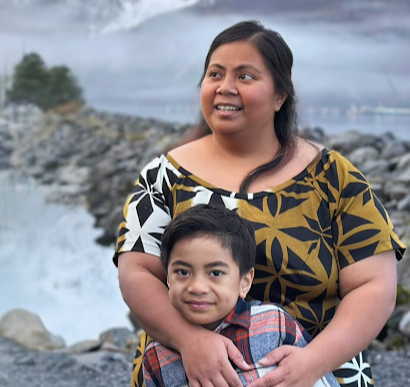
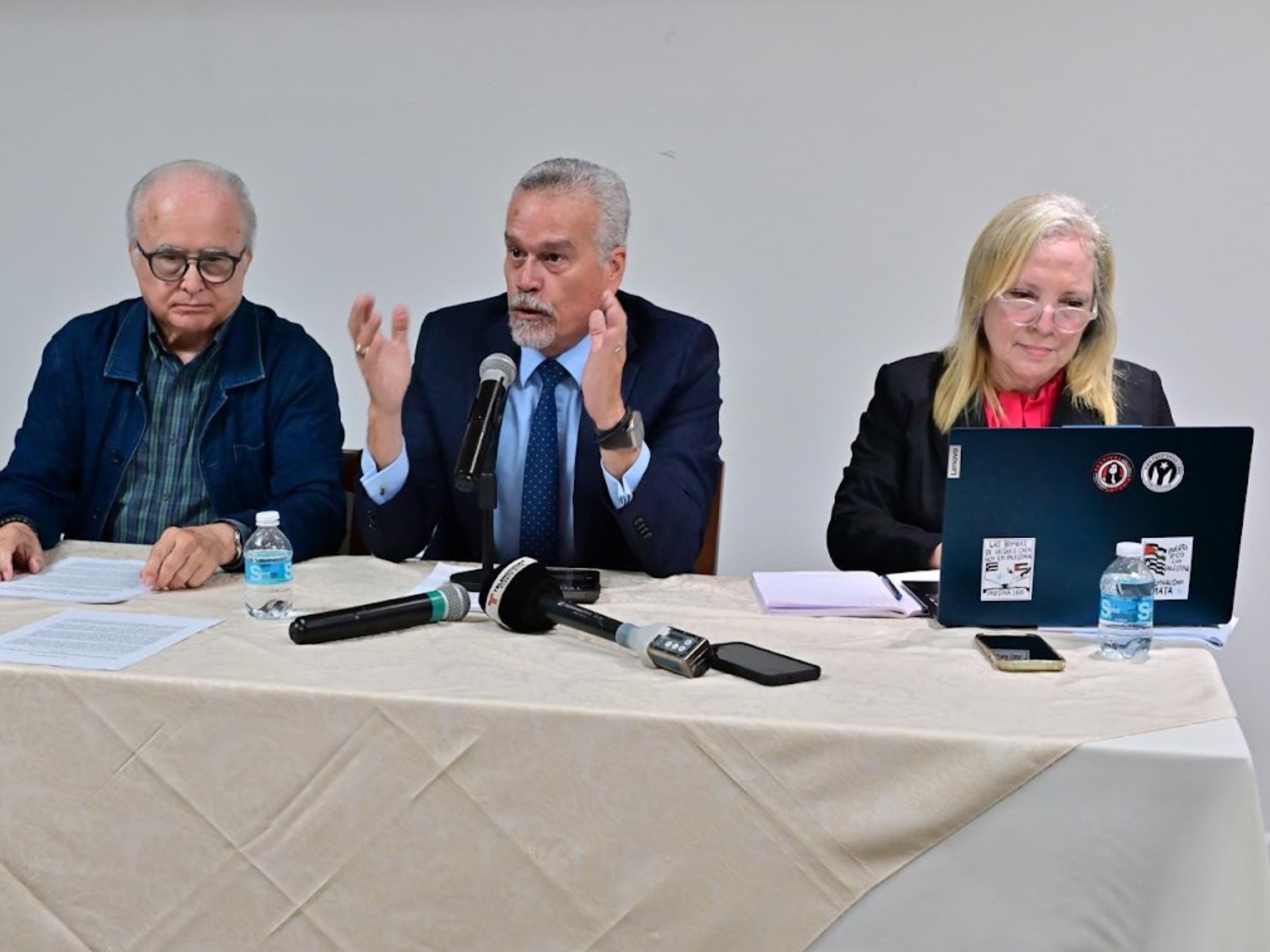

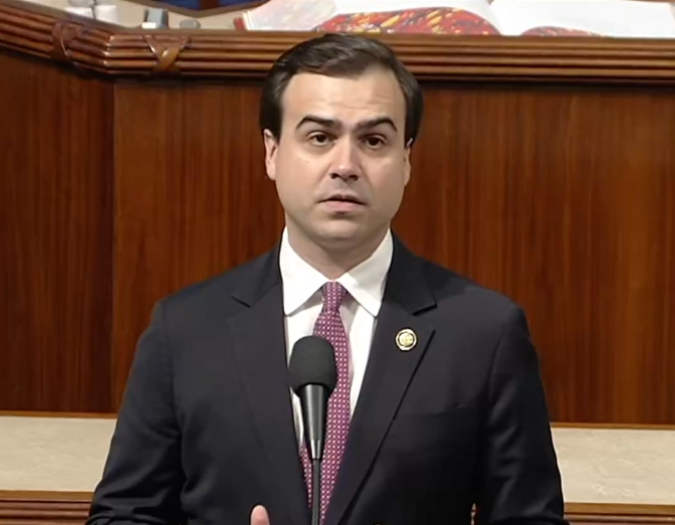
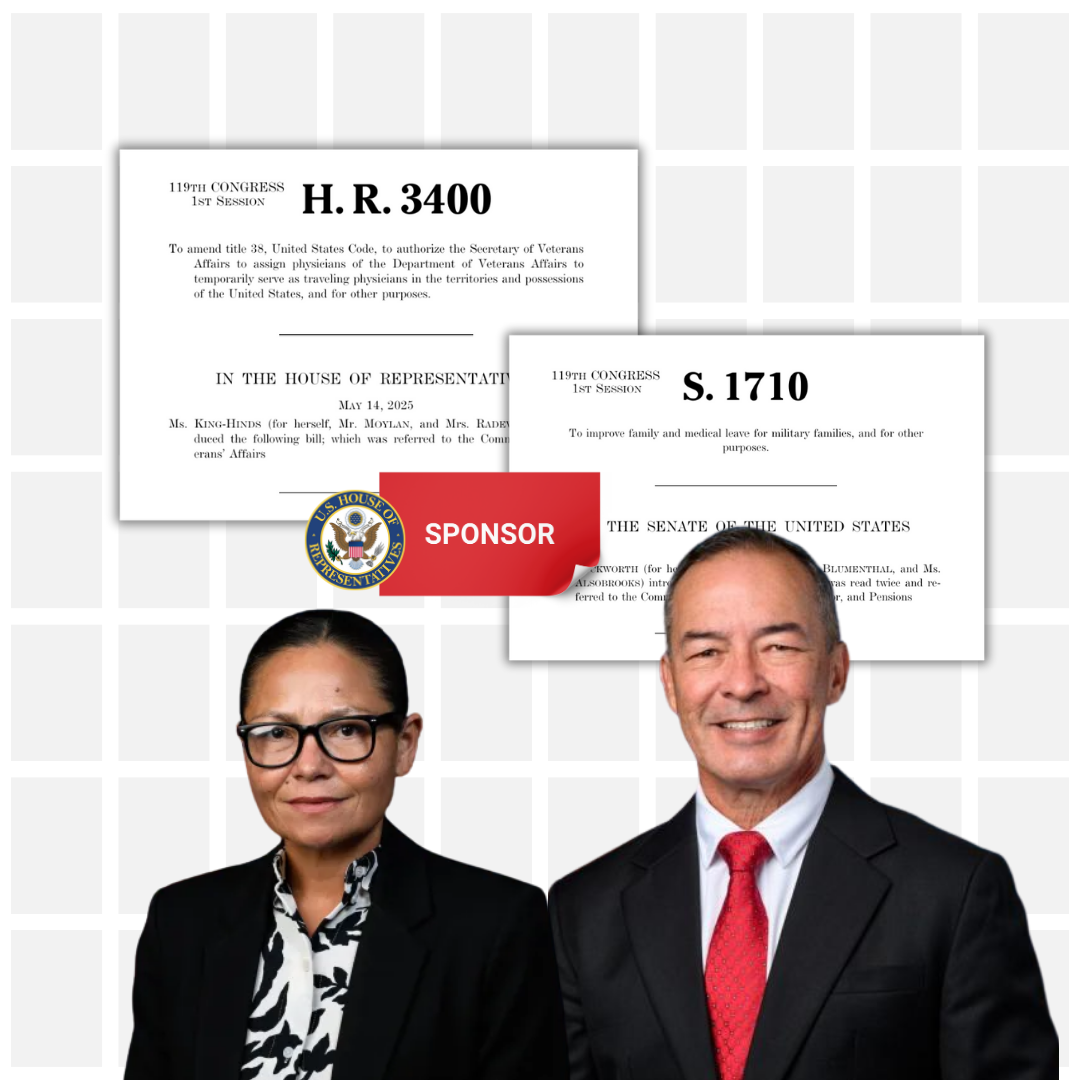

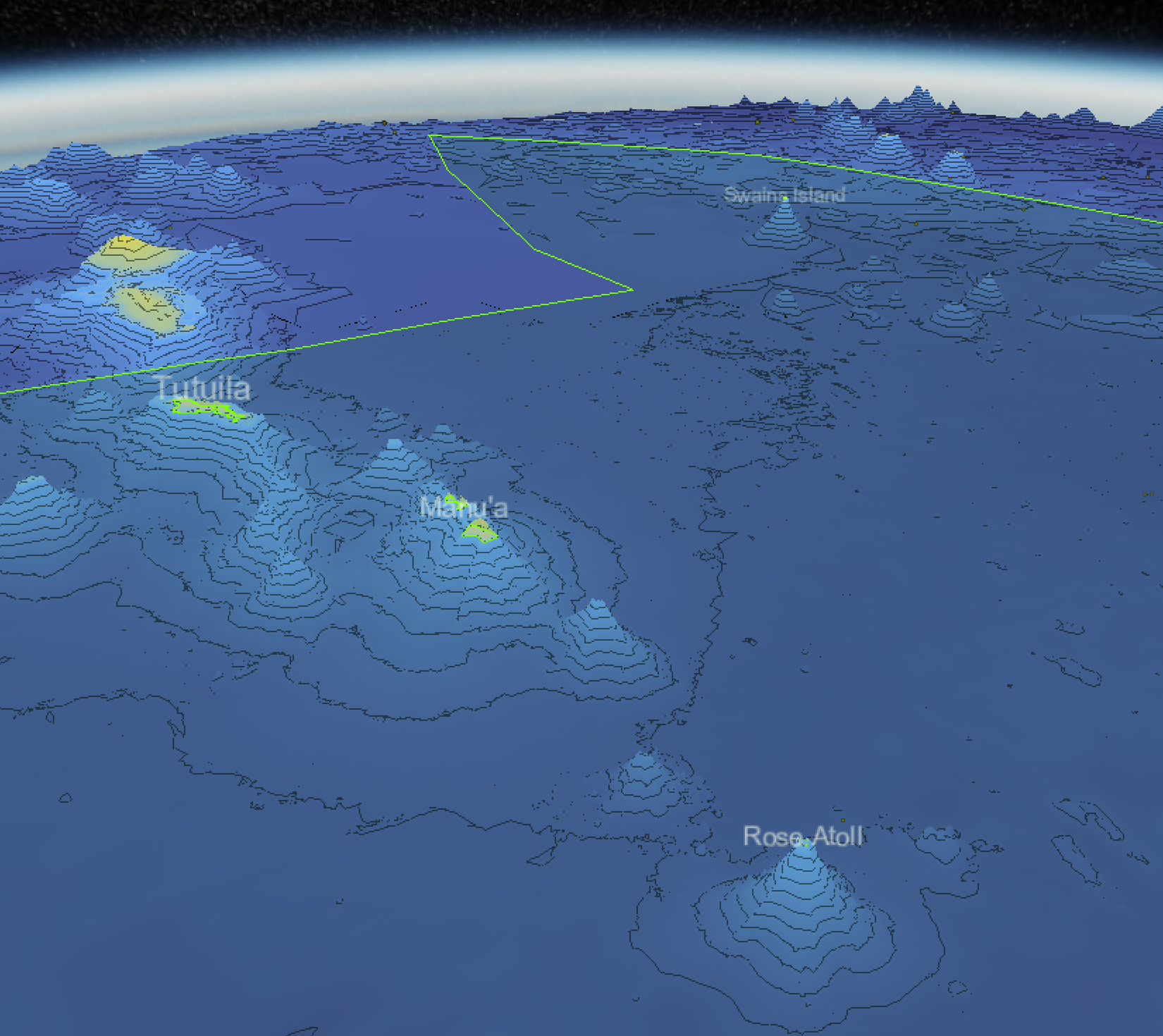
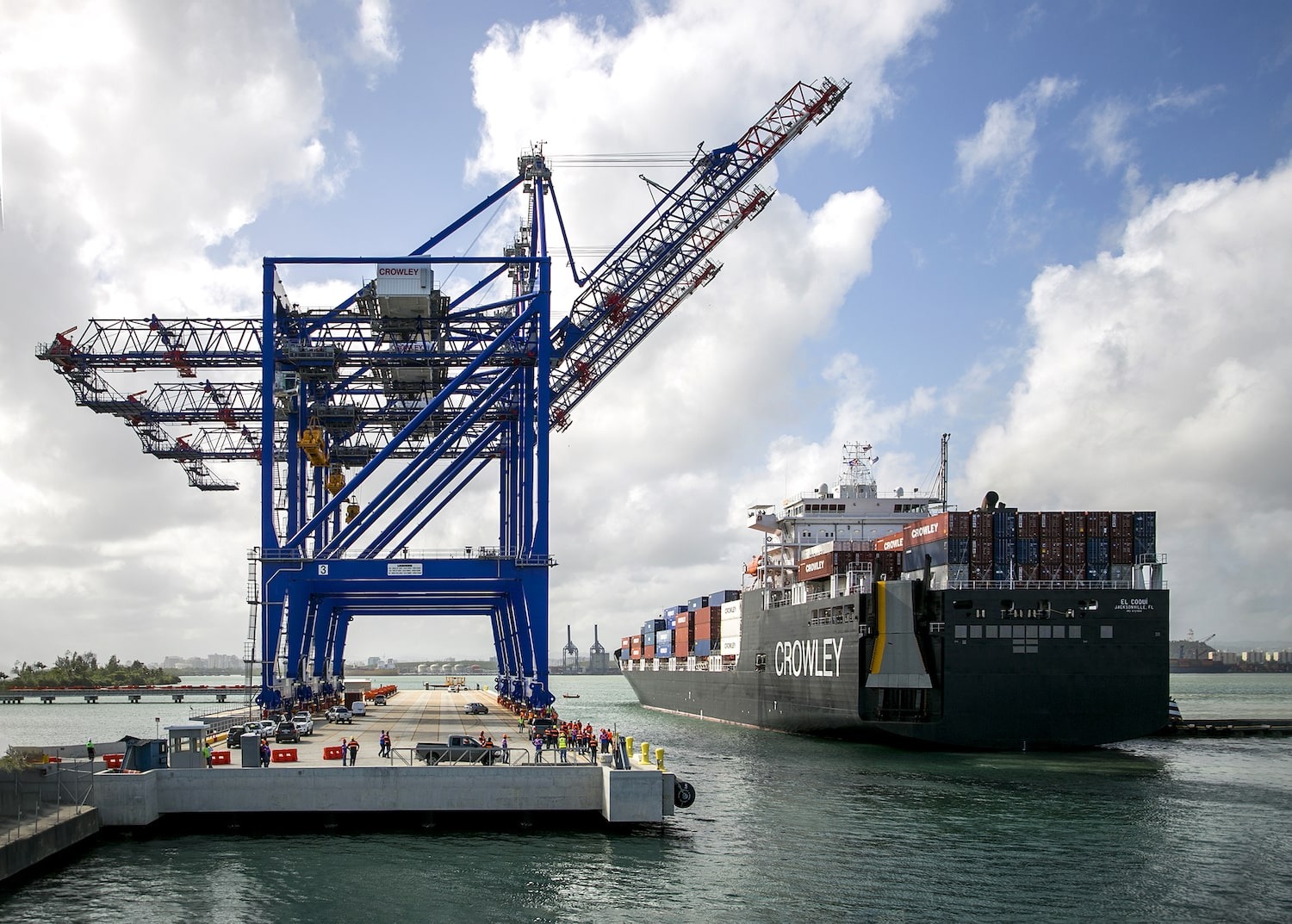
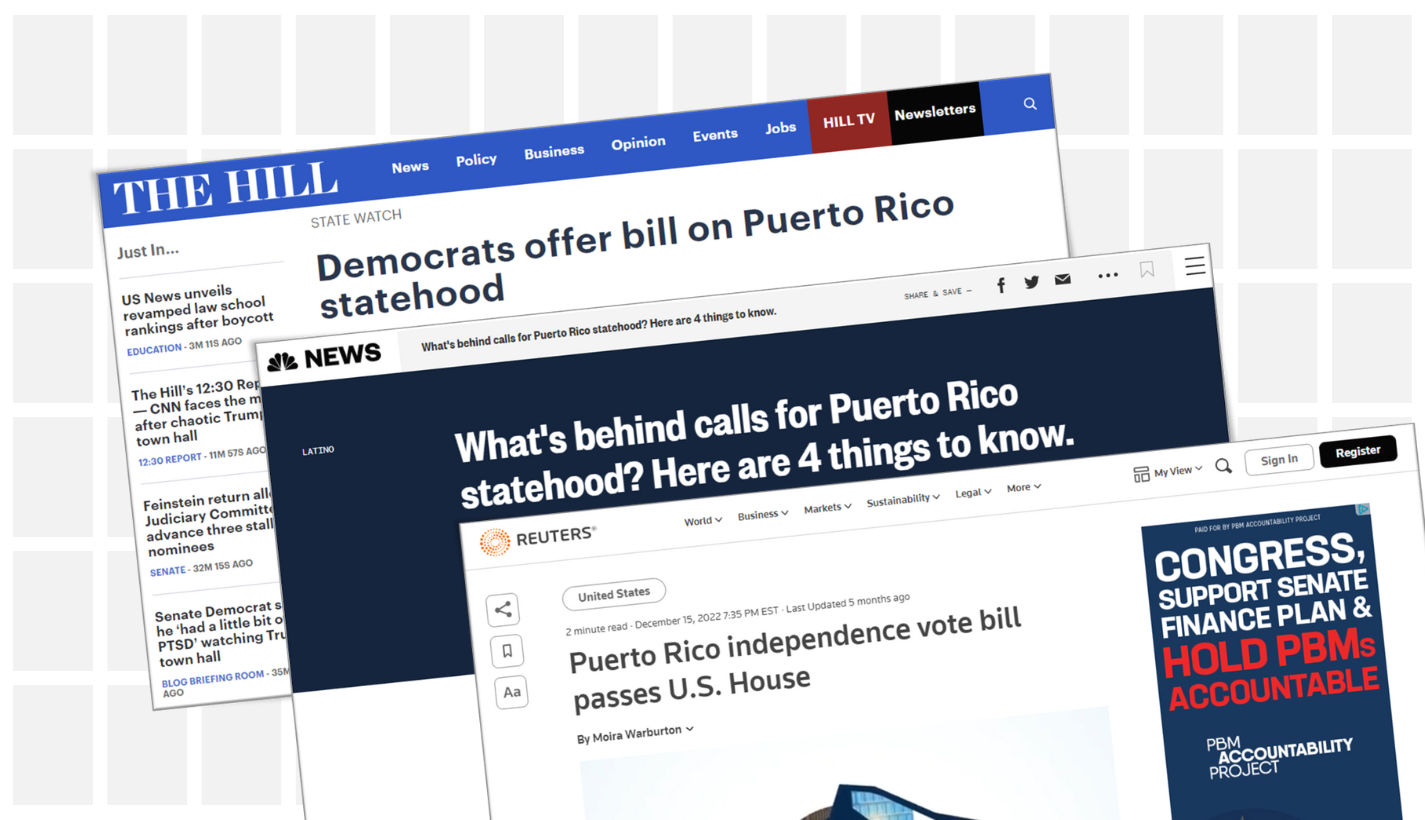

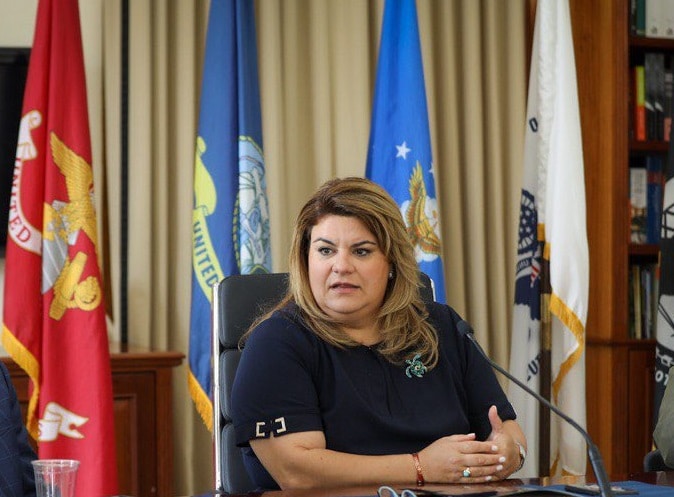
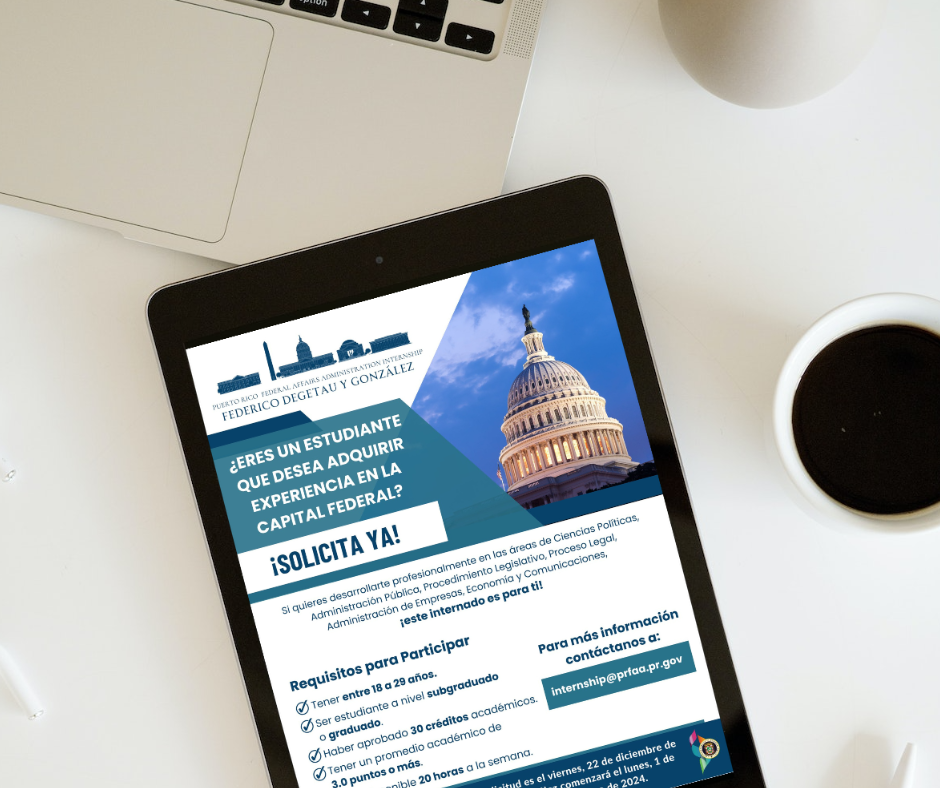
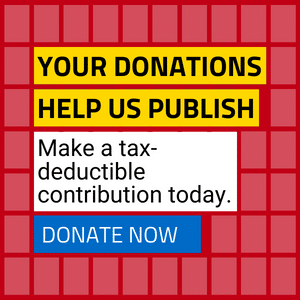
Trackbacks/Pingbacks